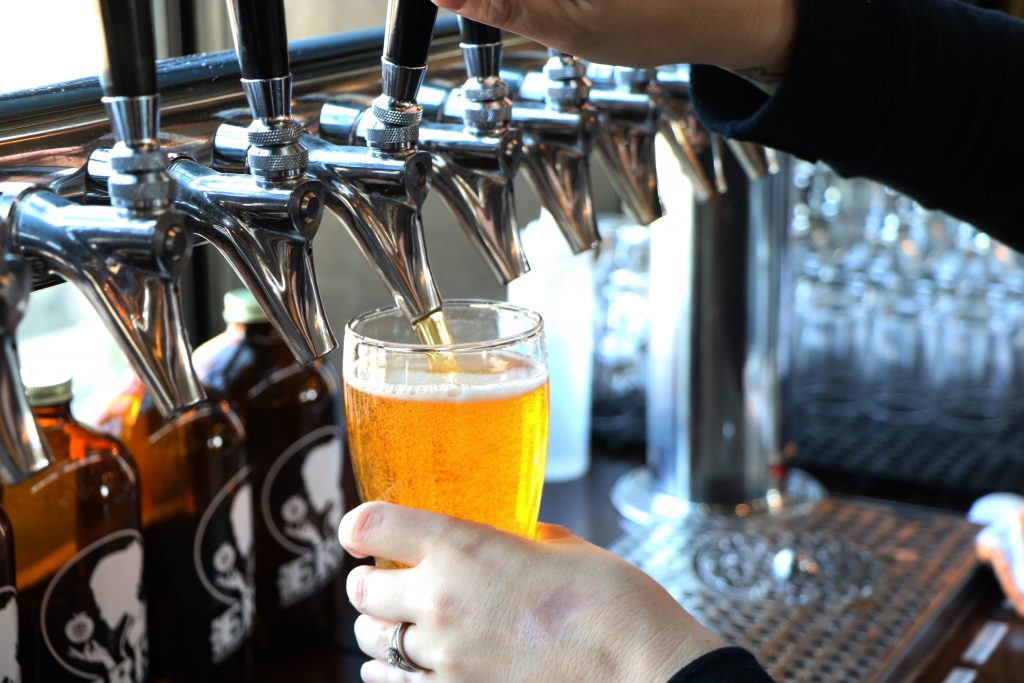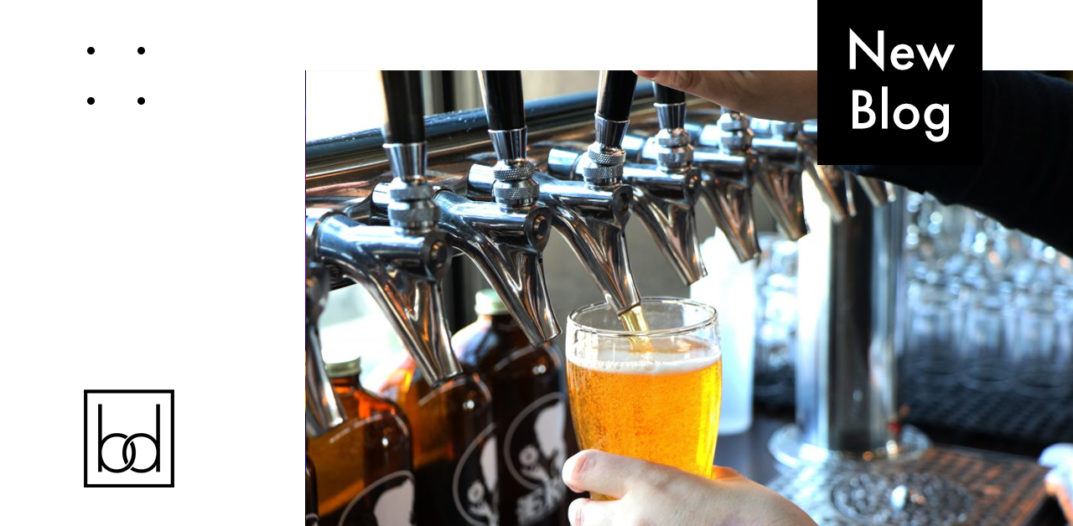
Our constant refrain over the past few weeks is “shop local” and “support your local restaurants and breweries,” but many of you may still be unsure of what the law is in Georgia surrounding alcohol to-go and delivery sales. After all, it’s only been in the past decade that local municipalities in our state have rescinded their “blue laws” allowing alcohol sales on Sundays and enabling restaurants to pour liquor with your Sunday morning brunch. In a state where alcohol laws have been a bit behind the curve, you may be unsure of what is and isn’t allowed, so we are here to break it down for you.
Carry Out vs Delivery
On March 20th, following an executive order issued the previous day banning in-person dining in Atlanta’s restaurants and bars, Mayor Keisha Lance Bottoms issued an additional order allowing allowing bars and restaurants to sell unopened beer and wine along with their food to-go orders. While this order only covered restaurants in the city of Atlanta, several other local municipalities followed suit with similar orders, including Roswell, Alpharetta and Sandy Springs.
However, delivery was not included in this executive order. So while you can call in a to-go order to your favorite restaurant or brewery and even have it brought out to your car, you cannot include alcohol in your food delivery order. A bill that would have allowed this passed Georgia’s House on March 10th, but lawmakers went on hiatus due to the threat of Coronavirus before the bill could make it through both chambers of the legislature.
What about liquor stores? Are they open?
So far, liquor stores in Georgia have been considered “essential” and have not been subject to any ordered closures. This is likely because in many other states, liquor can be sold in grocery stores, which are already deemed essential. Since Georgia mandates liquor be sold only in stand alone establishments, they have been allowed to remain open. Local leaders, such as Mayor Bottoms have included liquor stores in their lists of essential businesses as well.
Before you bemoan the lack of convenience involved in having to go to a separate store for liquor, keep this in mind. If liquor could be procured along with your food, beer and wine during your grocery store visit, stand along liquor, wine and beer stores might not be deemed essential. Your favorite craft beer purveyor or wine shop might be forced to close during social distancing measures if their products, or similar ones, could be purchased elsewhere. This particular “blue law” allows many independent beer and wine retailers to remain open and continue paying their employees during this difficult time.

